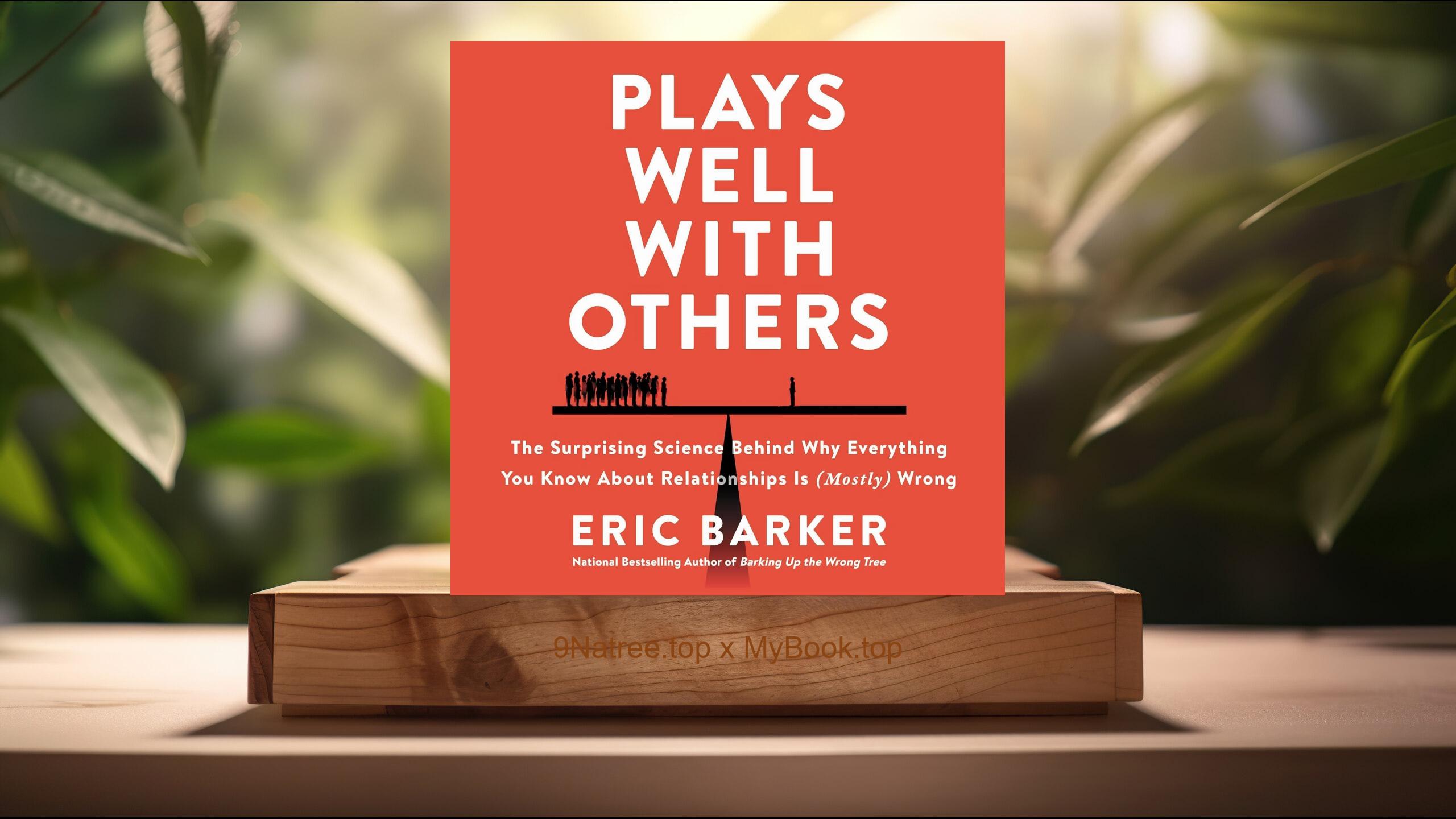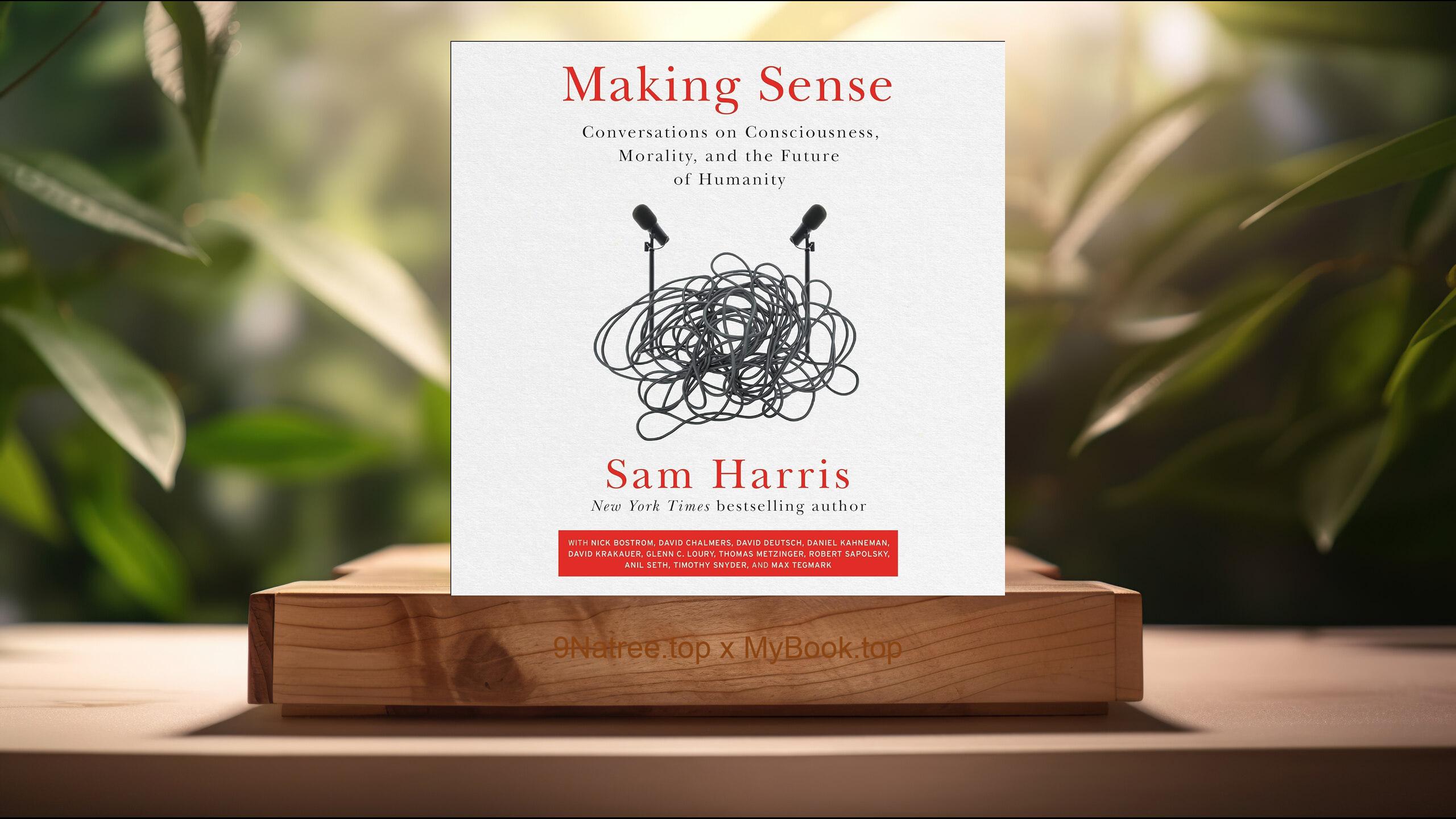Show Notes
- Amazon USA Store: https://www.amazon.com/dp/B004R0MU98?tag=9natree-20
- Amazon Worldwide Store: https://global.buys.trade/The-Social-Animal-David-Brooks.html
- Apple Books: https://books.apple.com/us/audiobook/the-social-animal-the-hidden-sources-of/id1417773081?itsct=books_box_link&itscg=30200&ls=1&at=1001l3bAw&ct=9natree
- eBay: https://www.ebay.com/sch/i.html?_nkw=The+Social+Animal+David+Brooks+&mkcid=1&mkrid=711-53200-19255-0&siteid=0&campid=5339060787&customid=9natree&toolid=10001&mkevt=1
- Read more: https://mybook.top/read/B004R0MU98/
#humanbehavior #unconsciousmind #socialconnection #characterdevelopment #emotionalintelligence #culturalinfluence #personalgrowth #achievement #TheSocialAnimal
These are takeaways from this book.
Firstly, The Power of the Unconscious Mind, One of the central themes of The Social Animal is the tremendous influence the unconscious mind exerts on our daily lives. Brooks synthesizes findings from modern neuroscience and psychology to reveal that the vast majority of our thoughts, judgments, and decisions occur beneath the level of conscious awareness. He illustrates this idea through the lives of his characters, whose choices in love, career, and friendship are shaped not just by logical reflection, but by deeply rooted instincts, subtle social cues, and emotions cultivated from early childhood. Brooks discusses phenomena like implicit memory and the gut feelings that guide us, arguing that reason is often used as a post-hoc explanation for decisions already made in the subconscious. By acknowledging the power of the unconscious, the book invites readers to appreciate the complexity of human motivation while resisting the simplistic idea that humans are purely rational actors.
Secondly, The Role of Relationships in Shaping Character, Brooks dedicates significant attention to the foundational role of social connections in shaping identity and personal growth. The narrative shows how Harold and Erica’s lives are deeply impacted by early attachments with family, peer influences, mentorship, and romantic relationships. Brooks draws on research to explain how secure attachments and supportive social environments foster resilience and self-confidence, while lack of connection can hinder emotional development. He delves into how imitation, empathy, and even the subtle cues picked up in childhood guide the development of character and the capacity for forming meaningful bonds. Ultimately, the story underscores that character is not forged in isolation, but is the product of continual interaction and engagement with others.
Thirdly, Culture and Environment as Shaping Forces, The Social Animal posits that culture and environment play pivotal roles in determining success and happiness. Through detail-rich scenes in schools, neighborhoods, and workplaces, Brooks demonstrates that our daily contexts subtly shape expectations, ambitions, and behaviors. He explores how cultural norms, socioeconomic background, and community values influence not only what goals we pursue, but also how we perceive possibilities and setbacks. Brooks draws attention to the importance of environments that foster curiosity, cooperation, and grit. The book argues that achievement is not just a matter of innate talent or willpower, but arises from being embedded in constructive, nurturing contexts. This perspective broadens the discussion about opportunity and merit by underscoring the necessity of systemic support and communal culture for individual flourishing.
Fourthly, Emotion, Intuition, and Decision-Making, A major topic that threads through the narrative is the intertwining of emotion and logic in decision-making. Brooks discusses how emotional responses provide essential guidance in complex social settings, often outperforming pure rationality in helping individuals navigate ambiguous situations. He uses contemporary research to explain how quick, intuitive judgments (sometimes called fast thinking) are the product of years of accumulated experience and observation. The narrative shows how Harold and Erica’s successes and failures depend largely on their ability to interpret their own emotions and those of others. Rather than dismissing emotions as unreliable, Brooks elevates their status, framing them as vital, evolutionarily honed tools for survival and fulfillment.
Lastly, Achievement and the Ingredients of a Meaningful Life, In its concluding arguments, The Social Animal addresses the question of what constitutes true achievement and a well-lived life. Instead of focusing only on traditional measures of success such as wealth and status, Brooks emphasizes the importance of purpose, character, and connection. The journeys of Harold and Erica highlight that real achievement is not a solitary endeavor but emerges from participation in communities, the pursuit of meaningful goals, and ongoing moral development. The book draws on positive psychology and sociology to unpack the attributes that lead to lasting fulfillment: a sense of belonging, a drive for excellence that benefits others, and the courage to grow through adversity. By redefining success, Brooks offers a nuanced model of aspiration that balances inner satisfaction with outward accomplishment.
![[Review] The Social Animal (David Brooks) Summarized](https://episodes.castos.com/660078c6833215-59505987/images/2039965/c1a-085k3-kp4ko664bk9-iv1mrs.jpg)




